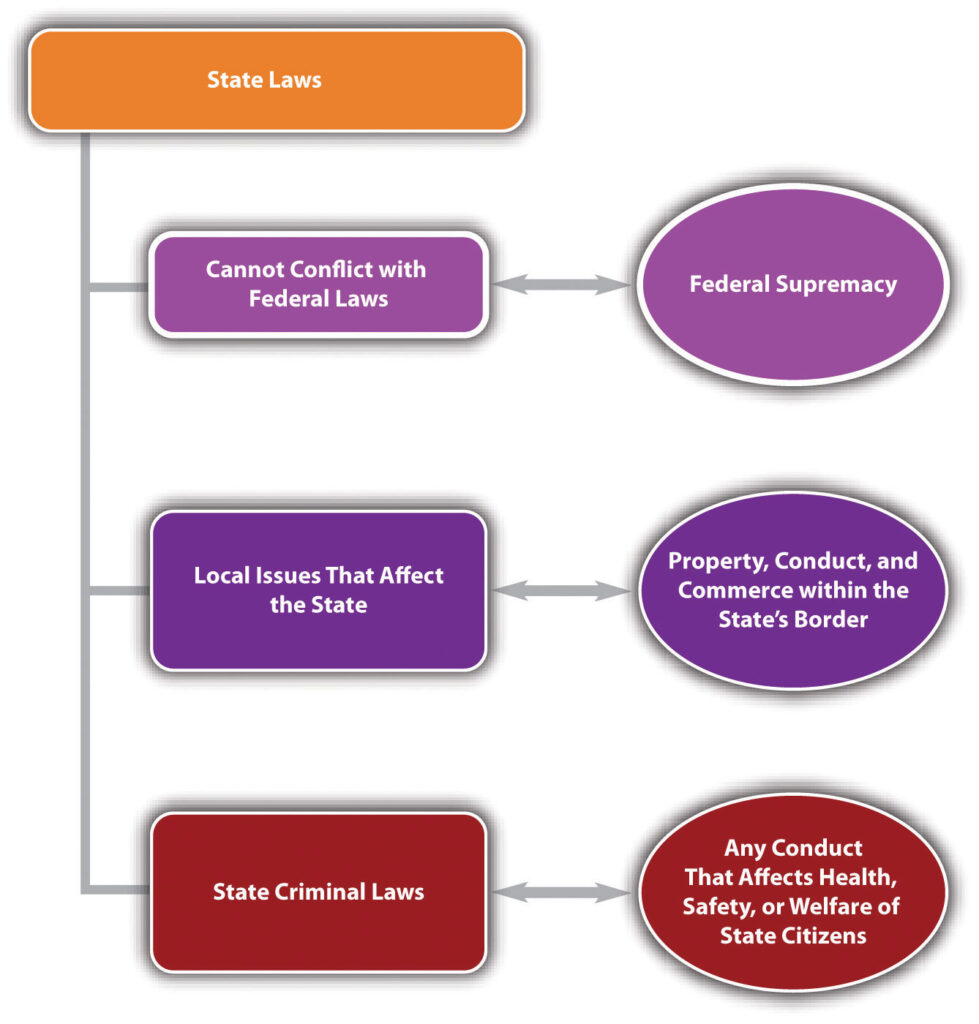Federal and state crimes are prosecuted differently. While state courts prosecute state crimes under the state laws jurisdiction, federal crimes are charged at a higher level, the federal court under the federal law jurisdiction. Let’s look at some of the differences between federal and state crimes prosecution.
Jurisdiction
Jurisdiction refers to the power to investigate, prosecute and handle cases. At a state level, the state has jurisdiction over criminal defendants who violate the laws of that specific state. That includes the power to arrest, arraign, charge, try and convict the defendant.
In contrast, the federal government holds the jurisdiction over defendants who commit crimes that violate federal law, for example, criminal acts on federal property like the vandalism of a national park or federal building. Federal crimes also involve criminal acts that cut across state lines, for instance, a kidnapping act that involves the transportation of the victim from one state to another.
The federal government has jurisdiction over several federally defined crimes such as fraud, identity theft, US customs violations, immigration fraud, robbery, assault, etc.
A state and the federal criminal prosecution can have coexisting jurisdiction over a criminal defendant when the crime offends both state and federal laws, for instance, drug trafficking or bank robbery. In such situations, federal and state prosecutors decide if the defendant will be prosecuted at federal or state court. In most cases, state sentencing is usually added to the federal penalties.
Suppose you are faced with state or federal criminal charges. In that case, you should engage a criminal defense attorney such as the Kurtz & Blum criminal defense attorneys, licensed to practice in the court in which the case is taking place or the federal court. State criminal justice is different from federal criminal justice systems, so you should engage a lawyer with federal court experience if facing a federal criminal charge.
Investigation
Federal units, including the Federal Bureau of Investigations (FBI), the US Secret service, Drug Enforcement Agency (DEA), Bureau of Alcohol, Tobacco, and Explosives (AFT), are some of the federal investigative agencies for federal crimes. These agencies may work with state and local governments to investigate and handle federal cases.
In contrast, state and local law enforcement officers investigate violations of state laws within their territorial jurisdiction, either state, county, city, or municipality. They are organized into the city or municipal police departments, investigative units, county sheriff offices, or state patrol
in most states.
Prosecution
The US Attorney’s office prosecutes federal crimes in the state where the federal crime occurred. Federal prosecutors are appointed and responsible to the US attorney general. On the other hand, state crimes are prosecuted by state prosecutors, also known as city, district, or county attorneys. The head prosecutor for a state may be appointed or elected depending on the state laws.
Trial courts
Most of the federal criminal prosecutions take place in the US District Courts. In contrast, state criminal prosecutions occur in the state or local courts known by names such as district, municipal, county, or superior courts. The severity of the state crime determines the court in which the trial occurs.
conclusion
The federal criminal justice system is of a higher standard than the state criminal justice system in all terms, including jurisdiction, prosecution, trial, and penalties.

